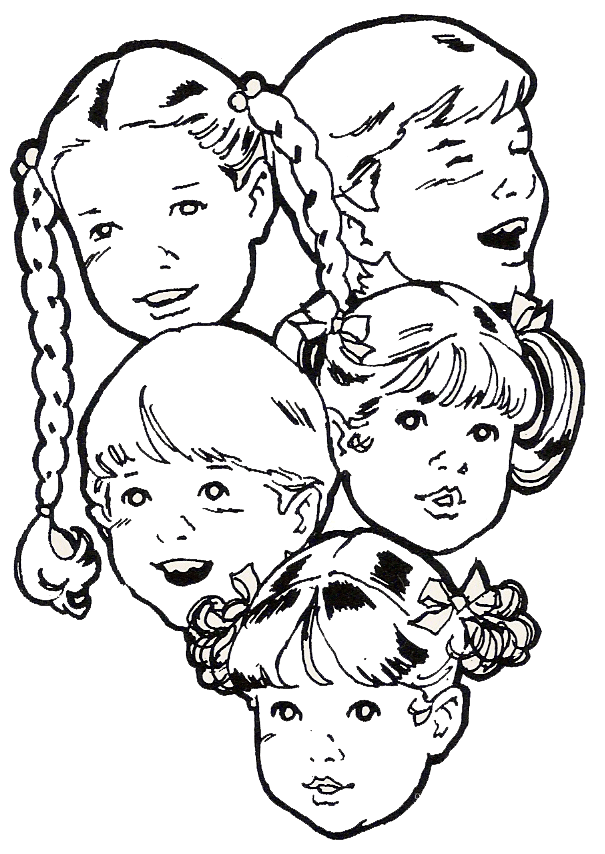Helpful phrases for parenting a strong-willed child

- “It’s disappointing when…”
- “You don’t want to…”
- “This is frustrating for you.”
- “You wish you could…”
- “You know exactly what you want.”
- “You figured out a way to make it work.”
- “You did it all by yourself.”
- “You have two choices.”
- “You can decide this for yourself.”
How to reconnect with your child – 16 miracle phrases
https://happyyouhappyfamily.com/
| Listen & Accept | Move Forward |
|---|---|
| Tell me how you’re feeling. | Can I give you a hug? |
| I want to understand how you’re feeling. | Let’s take a deep breath together. |
| I love you, even when you feel angry. | I’m sorry for… Next time, I’ll… |
| It’s okay to feel mad. | Can we start over? |
| How can I help? | Will you forgive me? |
| I can see why you feel… | Will you sit next to me? |
| It looks like you’re having a hard time. Tell me about it. | Let’s take a break and do something fun. |
| I can imagine you feel… | Let’s go for a walk together |
My child won’t listen to me – 10 tips – The Montessori notebook
https://themontessorinotebook.com/

- Show, not tell – instead of just saying “it goes in the bin.” Get up. Go to the bin. Point to it. And say gently, “it goes in the bin”. More work now, for future returns.
- Say one word – instead of repeating yourself, get their attention and then just say one word. For example, “Shoes”. Let them think for themselves what they then need to do.
- Write a note (even if the don’t read yet) – stick a post-it note on a hot oven that says “HOT”. You can point to it and say, “It is hot.” It’s very powerful to kids when something is written down.
- Think to yourself, “Where does this come from?” – “Ask the question of where does the phrase, “My child won’t listen……” come from in ourselves. Where does it resonate from within us, and what is our motivation in stating this about our child. Perhaps they are not listening because we are not connected to them, and maybe jump to our own conclusions about what we feel is behind their actions…I find the questions I am sometimes asking of others really are questions or statements that can be used for my own self-reflection.”
- Allow time to process – We think our child hasn’t heard but when we wait (maybe count to 10 silently in our heads), we see they have heard. It just takes time for them too process our request and transition.
- Be funny – Who remembers a time when they didn’t take things too seriously and their kid not only heard, but spirits stayed high too.
- Get heart to heart – Get down to their level, connect first with empathy and with the whole body; their eyes, heartbeat, breathing. Then once calm we ca redirect if needed or talk about what happened.
- Break it into steps – Rather than “Let’s get ready to go.” give one step at a time. (1) Where’s your coat? (2) Shoes? (3) etc…
- Try ‘working with’ rather than ‘doing to’ – We are often driven by what we want to happen. Shift the focus to how everyone can have their needs met.
- Can they hear me? – “Can they hear me?” Meaning physically, yes, but also emotionally, developmentally and psycho-socially. Often, changing our method of instruction, the way we say it, whether we are making eye contact, or tactile contact, the words we use, our sentence structure, can make a big difference. And quite often, what we are asking is not realistic, so even if they can ‘hear’ us, they can’t really hear us.

Please stay tuned more to come…
